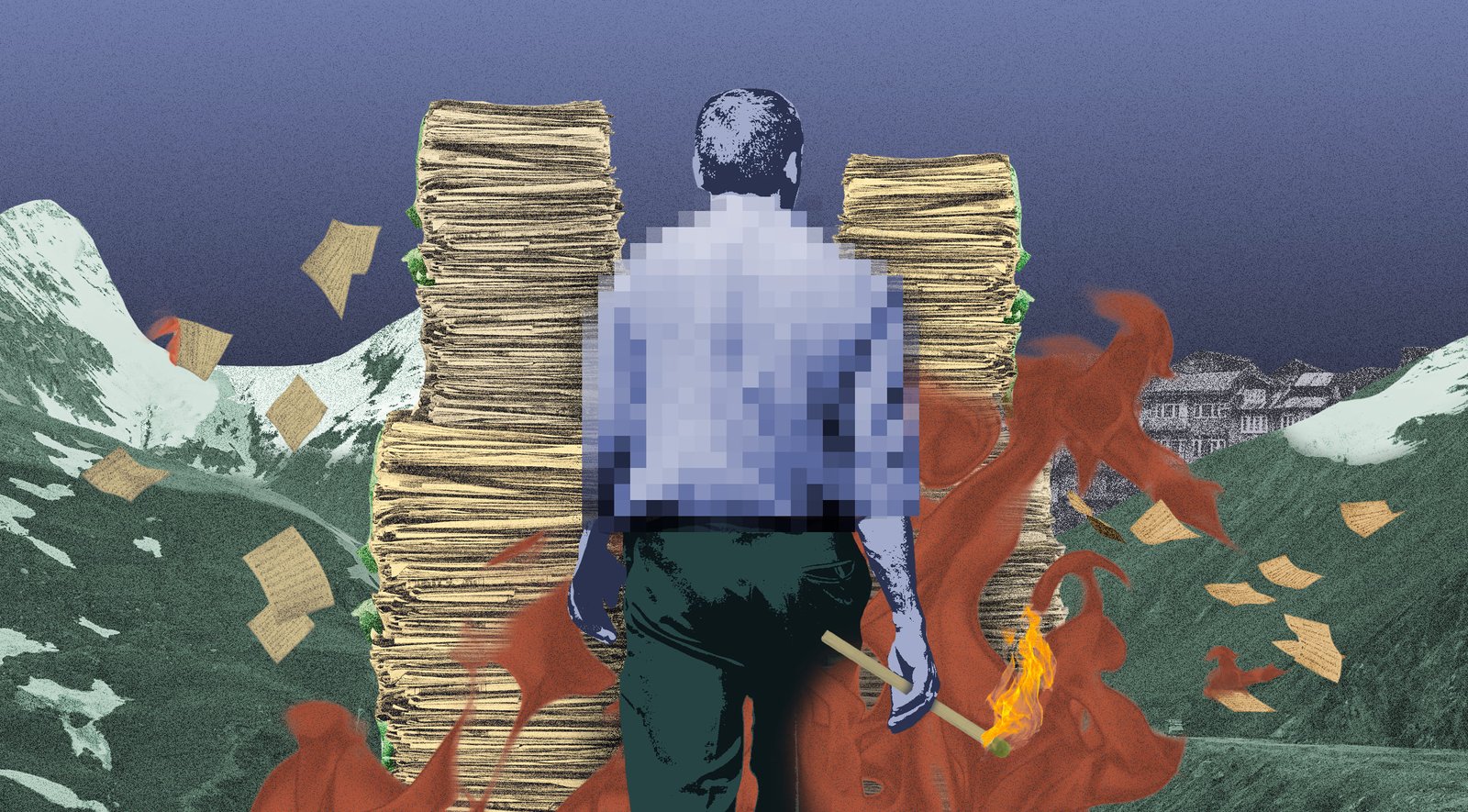Editorial
One of the most tragic ironies of Pakistani society is the way we perceive and label those who face oppression. If a victim of injustice remains silent, they are praised as “patient” and “pious.” But the moment they gather the courage to speak up, challenge authority, or demand their rights, they are quickly branded as “troublemakers,” “rebels,” or even “uncivilized.”
This mindset is deeply rooted in a cultural distortion of religious and moral values. Patience, indeed, is a virtue. But patience does not mean submission to injustice. In Islam and every moral system, silence in the face of zulm (oppression) is not a mark of virtue—it is complicity. The Holy Prophet (PBUH) himself encouraged believers to stand against tyranny, even if it meant speaking the truth to a tyrant ruler.
In modern-day Pakistan, however, social conditioning has normalized this passive acceptance of injustice. Whether it is victims of domestic abuse, workplace harassment, or political repression, society often expects the oppressed to endure in silence. Those who resist are shamed or isolated. This culture of silence allows the powerful to thrive unchecked.
We must change this narrative. Courage must be celebrated, not condemned. It is time to unlearn our fear of discomfort and accept that speaking against wrong is not rebellion—it is responsibility. A healthy society thrives when its people question authority, challenge injustice, and uplift the oppressed.
True progress will only begin when we stop silencing the wounded and start listening to them. Let us teach our children that raising a voice for justice is not “bad manners”—it is the foundation of dignity.
















